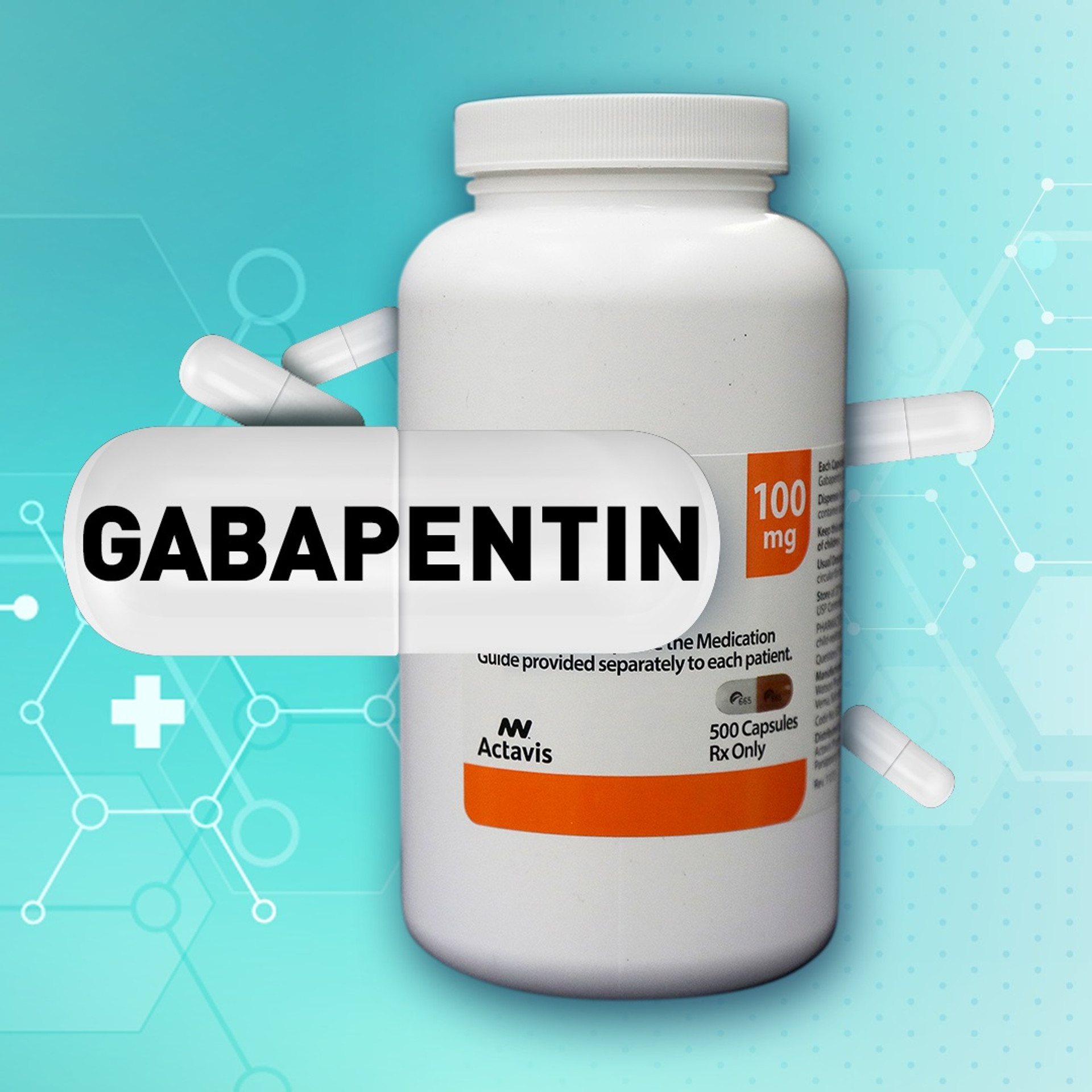

What is Gabapentin 800mg?
What is Gabapentin 800mg Used For?
Neuropathic Pain: Gabapentin is most often prescribed to relieve nerve pain caused by conditions such as diabetes, shingles, or spinal cord injuries. It works by altering the way the nervous system transmits pain signals to the brain.
Seizure Disorders: Gabapentin is also used as an adjunctive treatment for epilepsy. It helps prevent and reduce the frequency of seizures by stabilizing electrical activity in the brain.
Restless Leg Syndrome: Gabapentin can help manage symptoms of restless leg syndrome, reducing the uncomfortable sensations that occur when at rest.
Off-label Uses: In some cases, Gabapentin is prescribed for other conditions, including anxiety disorders, hot flashes, and alcohol withdrawal symptoms.
How Does Gabapentin 800mg Work?
Gabapentin works by influencing the activity of neurotransmitters in the brain. It binds to calcium channels in the central nervous system, reducing excitability and preventing abnormal brain activity. This action helps to reduce pain and prevent seizures, making it a versatile medication for several conditions.
Benefits of Gabapentin 800mg
- Effective Pain Management: Gabapentin is highly effective for managing nerve pain, providing relief for many patients who suffer from chronic pain conditions.
- Seizure Control: For individuals with epilepsy, Gabapentin can significantly reduce the frequency and intensity of seizures.
- Low Risk of Abuse: Unlike some pain medications, Gabapentin is considered to have a lower risk of abuse and addiction, though misuse can still occur, especially at higher doses.
How to Take Gabapentin 800mg
Gabapentin is typically taken orally in the form of a tablet, capsule, or liquid. The dosage will vary based on your specific condition, age, and response to treatment. For Gabapentin 800mg, your doctor will likely prescribe the medication in divided doses to minimize side effects and ensure effectiveness.
Important Dosage Instructions:
- Take the medication exactly as prescribed by your healthcare provider.
- Never take more than the prescribed dose to avoid serious side effects.
- Do not abruptly stop taking Gabapentin, as this can cause withdrawal symptoms and increase the risk of seizures.
- If you miss a dose, take it as soon as possible, unless it’s almost time for your next dose.
Side Effects and Precautions
While Gabapentin is generally well-tolerated, some individuals may experience side effects. Common side effects include:
- Dizziness or drowsiness
- Fatigue
- Swelling of the hands or feet
- Difficulty concentrating
- Blurred vision
Serious side effects are rare but may include allergic reactions, mood changes, or suicidal thoughts. It’s important to contact your doctor if you experience any unusual symptoms or side effects.
Precautions:
- Pregnancy: Gabapentin should be used during pregnancy only if the potential benefit justifies the potential risk to the fetus. Always consult your doctor before taking any medication during pregnancy.
- Kidney Function: If you have kidney problems, your doctor may need to adjust your dose or monitor you more closely while taking Gabapentin.
- Interactions with Other Medications: Gabapentin may interact with other drugs, especially those that affect the central nervous system. Inform your doctor about all medications you are taking, including over-the-counter drugs and supplements.
Conclusion
Gabapentin 800mg can provide significant relief for those suffering from nerve pain, seizures, or certain other conditions. It is important to take the medication as prescribed and to stay informed about any potential side effects or interactions. If you have any concerns about Gabapentin or its uses, always consult with your healthcare provider for personalized guidance.









